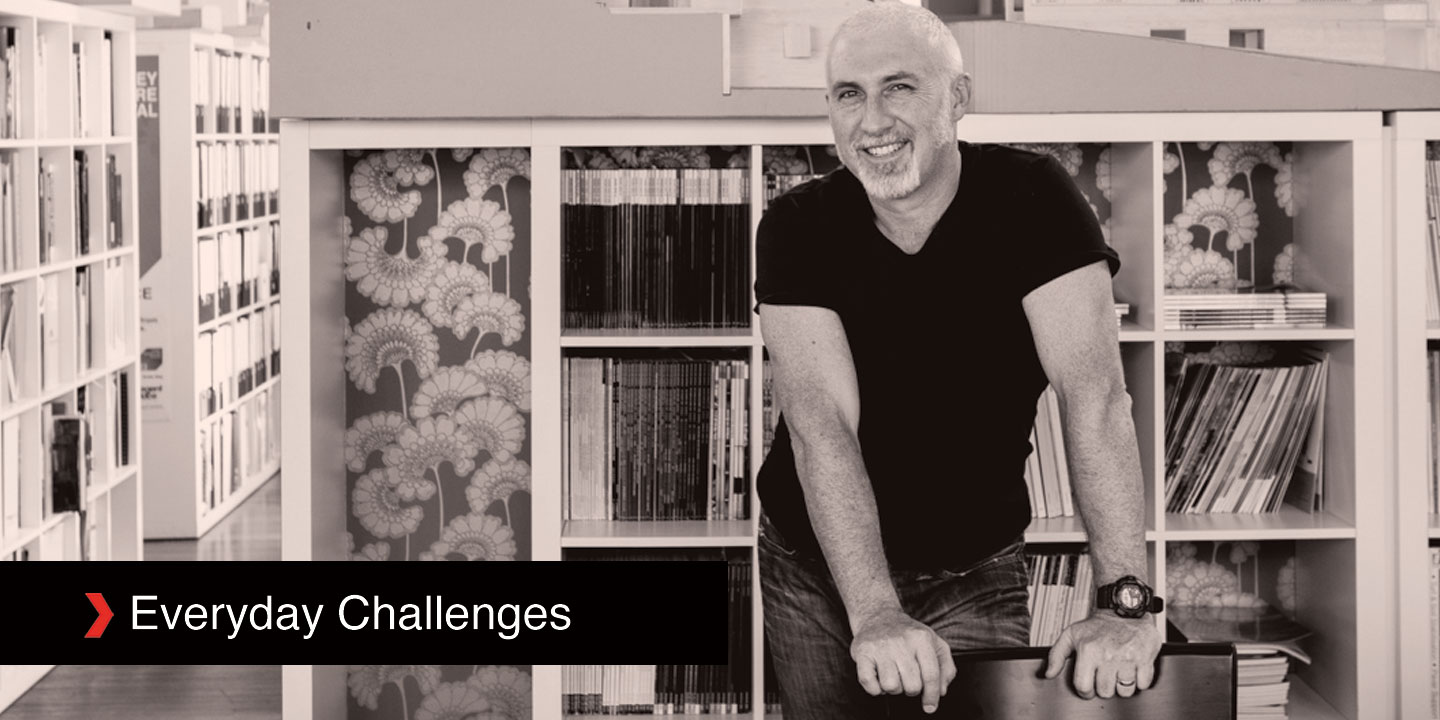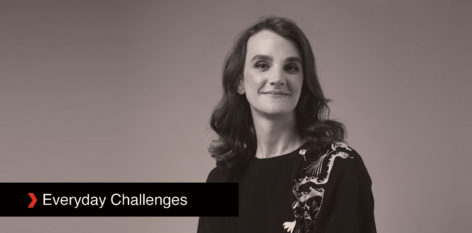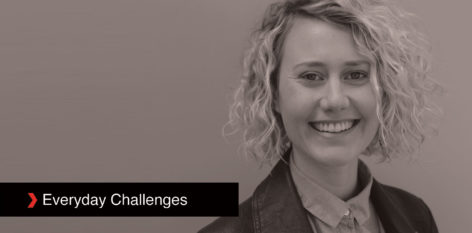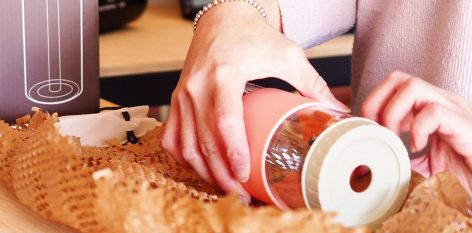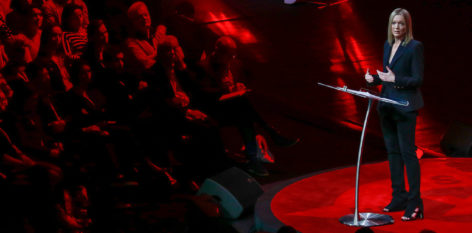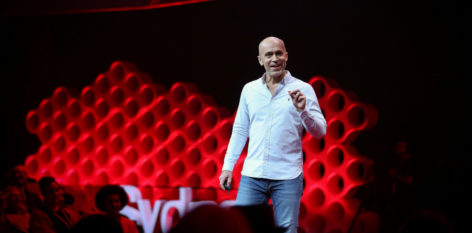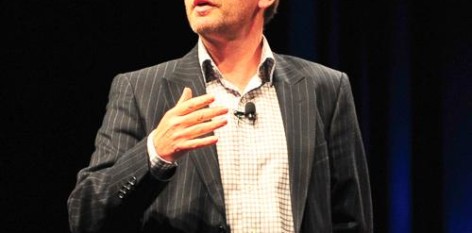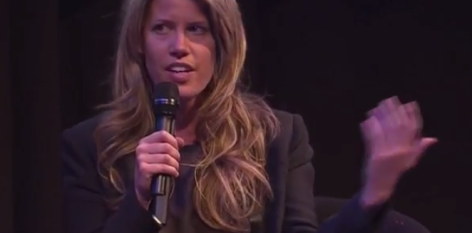Presented by St.George Kick Start. We’ve teamed up with our partner St George to share new ideas from our alumni speakers, helping you to overcome the key business challenges that you face every day.
Shaun Carter spends much of his working life thinking about how his work looks and how it makes people feel. As principal architect at Carter Williamson Architects in Sydney, he is tasked with finding creative design solutions. Ultimately, he and his team design beautiful buildings.
However, in order for his business to perform its primary function and perform it well, Carter is acutely aware that there is one fundamental business element that needs to be managed better than any other aspect of a small business.
“It’s all about cash flow. For small business, cash is king.”
Whatever your business may be, Carter is unequivocal in his assertion that cash flow, and the ability to manage that effectively is at the heart of where your business is now, and where it will be in five years.
“You need money for everything. There’s an old adage in business that you need to spend money to make it, and that’s so true.”
But understanding that cash flow is central to a successful small business and making that the case are often two different things.
Whether it be business partners paying invoices late, or finding a way to minimize the liabilities being carried on your business’ balance sheet, Carter says there are some fundamental lessons that have served him well over his journey as a business owner.
“I try and avoid debt where I can. I’d rather work twenty hours more a week to increase output in order to build up the cash reserves so you can do other things”, he says.
Carter points out that in the building industry in particular, there are often cases of larger firms contracting work to smaller companies, with the latter not seeing any money for at least six months.
For any business owner, this can have a significant impact on their ability to meet their obligations within their own business and importantly, curb any ambition to expand that same business.
He says, “When you’re just selling labour, you’ve got to be able to turn cash around really quickly.”
For these reasons, Carter says that “having a bigger economic engine within the business” is more preferable than having to service too much debt.
The next question for business owners, once those cash reserves are in place, is what to do with it. How should you view this money? What’s it for?
Carter feels that business owners need to take a more circumspect approach when it comes to spending cash and view it in terms of the future perhaps more so than the present.
“You’ve got to have money to do stuff with. You can’t always think that money is there for you or for wages or for bonuses or whatever. That is there to provide opportunity.”
And once those opportunities arise, Carter is of the view that understanding those opportunities and your financial commitments to them can lead to an expanding business – that has expanded into something worthwhile – and therefore a business with greater earning potential.
“Do your due diligence, and understand what it is you’re getting into. But when you think it’s there and you think it’s meaningful, you’ve just got to go for it. Make sure you have a good understanding of what it is you’re going into and then when you move, just move decisively.”
And these opportunities and the cash flow management required to bring them about are key to small business growth and the ability to become a bigger, more significant player in your business’ industry.
“They’re important things, because you can spin your wheels and look up in five years and realize that, as a business, you haven’t really moved. And that’s not going to help anybody.”
So, managing your cash flow is about more than simply paying your staff and bills. While these are important, an effective cash flow management culture and strategy is where the roots of your business future lie. And having the cash reserves to do that are where that begins.
In business, as Carter points out, “We should all understand that from little things, big things grow.”
This content is proudly brought to you by St.George Business Bank.
